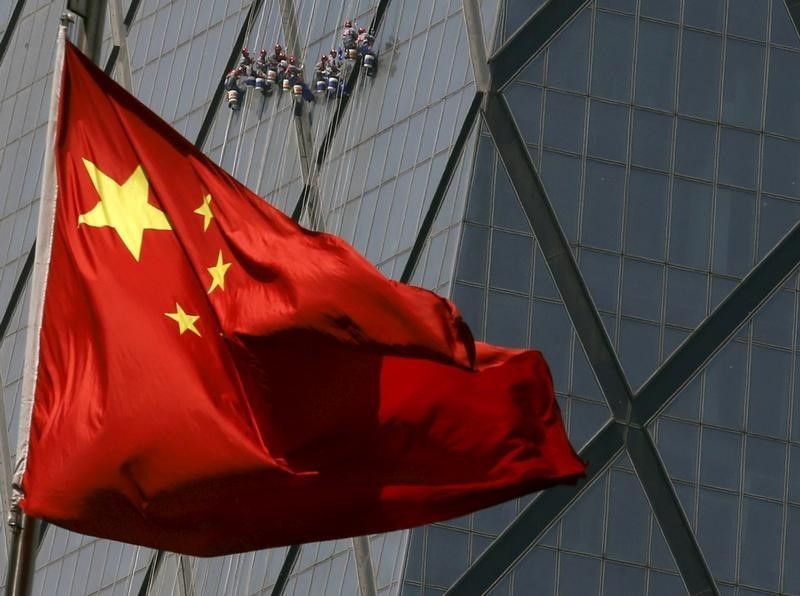BEIJING (Reuters) - China issued some details on Sunday on plans to reform state-owned enterprises (SOEs), including the introduction of "mixed ownership" by bringing in private investment, and said it expected decisive results by 2020.
The guidelines, jointly issued by the Communist Party's Central Committee and the State Council, China's cabinet, will help improve corporate governance and asset management, the official Xinhua news agency said.
It will also help prevent the loss of state assets.
The government will not use forceful means to push the "mixed ownership", nor it will set a timetable, giving each firm the go-ahead only when conditions are mature, it said.
State firms will be allowed to bring in "various investors" to help diversify their share ownership, and more state firms will be encouraged to restructure to pave the way for stock listings, Xinhua said.
A full announcement is expected later on Sunday.
The step comes nearly two years after President Xi Jinping called for market forces to play a decisive role in better allocation of resources in the world's second-largest economy.
China will push firms to merge and sells shares as part of the most far-reaching reforms of its sprawling and inefficient state sector in two decades, according to documents seen by Reuters.
China's state industrial economy is dominated by central government-owned 111 conglomerates, which account for about 60 percent of SOE revenue and are overseen by the State-owned Assets Supervision and Administration Commission (SASAC).
